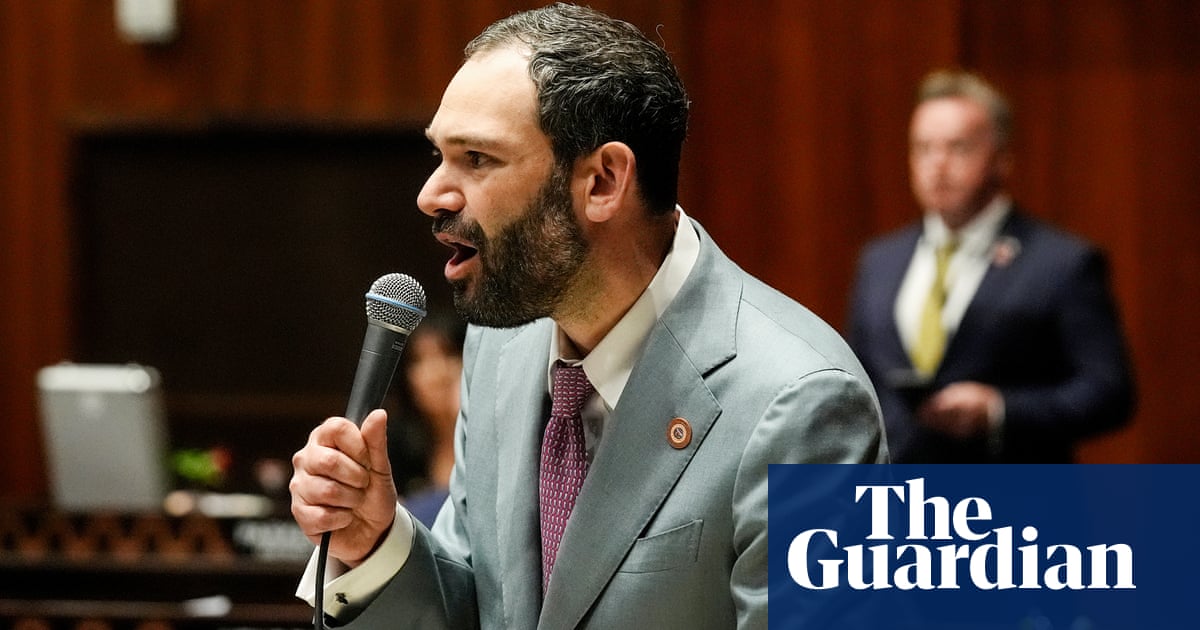Arizona state lawmaker used ChatGPT to write part of law on deepfakes

🌈 Abstract
The article discusses how an Arizona state representative, Alexander Kolodin, used the AI chatbot ChatGPT to help define what a "deepfake" is in a new law regulating the use of deepfakes in elections in Arizona. The article also covers the broader context of how states are approaching the regulation of deepfakes in elections, with some taking different approaches than Arizona's.
🙋 Q&A
[01] Use of ChatGPT in Drafting Legislation
1. What role did ChatGPT play in drafting the Arizona law regulating deepfakes?
- ChatGPT was used by Representative Kolodin to help define what a "deepfake" is in the legislation.
- Kolodin said he used ChatGPT because he was struggling with the technical terminology, and wanted to get a definition from an "expert" on the topic.
- ChatGPT provided the "baseline definition" that was then incorporated into the bill, with Kolodin adding additional protections around things like comedy, satire, and artistic expression.
2. How else has Kolodin used ChatGPT in the lawmaking process?
- Kolodin has used ChatGPT a couple of times to help write the first drafts of amendments, as a way to save time.
- He believes using AI tools like ChatGPT allows him to "work smarter" rather than "work harder".
[02] Arizona's Approach to Regulating Deepfakes
1. How does Arizona's approach to regulating deepfakes differ from other states?
- Rather than outright banning or restricting the use of deepfakes, Arizona's law gives candidates and residents a mechanism to have a court declare whether a supposed deepfake is real or not.
- The law does not require mandatory disclaimers on deepfakes, as some other state laws do. Kolodin cited concerns that disclaimers could infringe on free speech rights.
- The law does allow for the removal of a deepfake and damages if it depicts someone in a sexual act or nude, the person is not a public figure, and the publisher knew it was false but refused to remove it.
2. What is Kolodin's perspective on the role of deepfakes in political discourse?
- Kolodin believes deepfakes can have a "legitimate role to play in our political discourse" and that well-intentioned efforts to regulate them could trample on free speech rights.
- He hopes Arizona's approach can serve as a model for other states, as he is concerned that politicians regulating speech could abuse it to target content that makes them "look silly".
Shared by Daniel Chen ·
© 2024 NewMotor Inc.